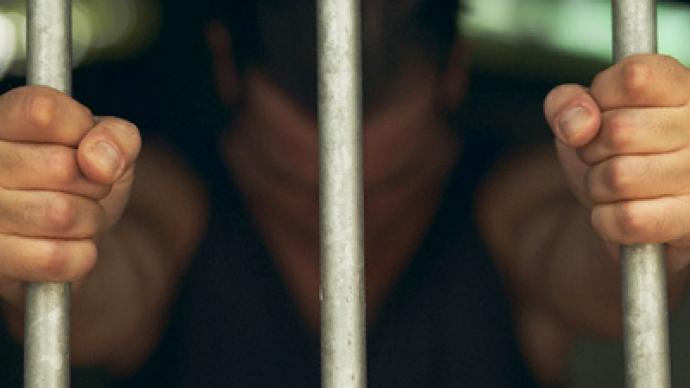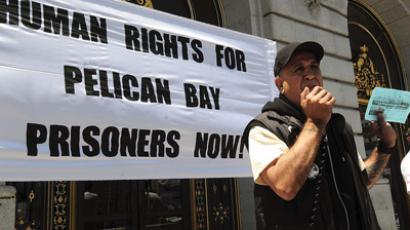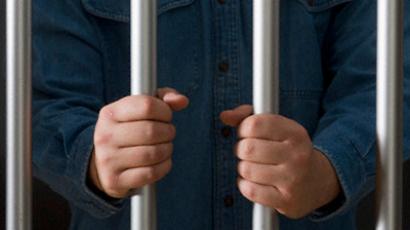California teens serving life in prison may be freed

Juvenile inmates serving life in prison without parole may now be granted a second chance. California Governor Jerry Brown on Sunday signed a measure that would allow juvenile felons to petition for their release after serving 25 years.
The sponsor of the Fair Sentencing for Youth Act, State Sen. Leland Lee, said that while this is not a “get-out-of-jail-free card,” it could benefit those who show remorse for crimes they committed in their youth. More than 300 California inmates would be eligible to petition their release and would be authorized to request parole after 25 years.“The governor’s signature … is emotional for both the supporters and the opposition, but I am proud that today California said we believe all kids, even those we had given up on in the past, are deserving of a second chance,” Yee said in a statement. The bill recognizes that young people’s brains and impulse control evolve as they age, leaving open the possibility for improved behavior.“[The measure] respects victims, international law and the fact that children have a greater capacity for rehabilitation than adults,” Yee said previously, while advocating for the bill.The United States is the only country in the world where people under the age of 18 can serve life sentences without parole. In the US, 59 percent of juveniles serving life are first-time offenders, and many of them committed crimes while under the age of 14.“There’s no question that we can keep the public safe without locking youth up forever for crimes committed when they were still considered too young to have the judgment to vote or drive,” Elizabeth Calvin, children’s rights advocate at Human Rights Watch, said in a statement reported by Reuters.Of juveniles serving life without parole, 45 percent are imprisoned for murder without having actually committed the murder themselves, according to Human Rights Watch. By getting involved with gangs or groups committing robberies, teenagers have sometimes accidentally become felons or murder accomplices – sometimes by simply acting as lookouts for their friends.The new measure would allow prisoners who committed crimes as juveniles to have their cases reviewed after 15 years, thereby allowing them to go before a judge while in their 30’s.“The passage of SB 9 speaks volumes for who we are as a society – that we believe kids deserve a second chance,” Yee said. The new laws will take effect on January 1.














